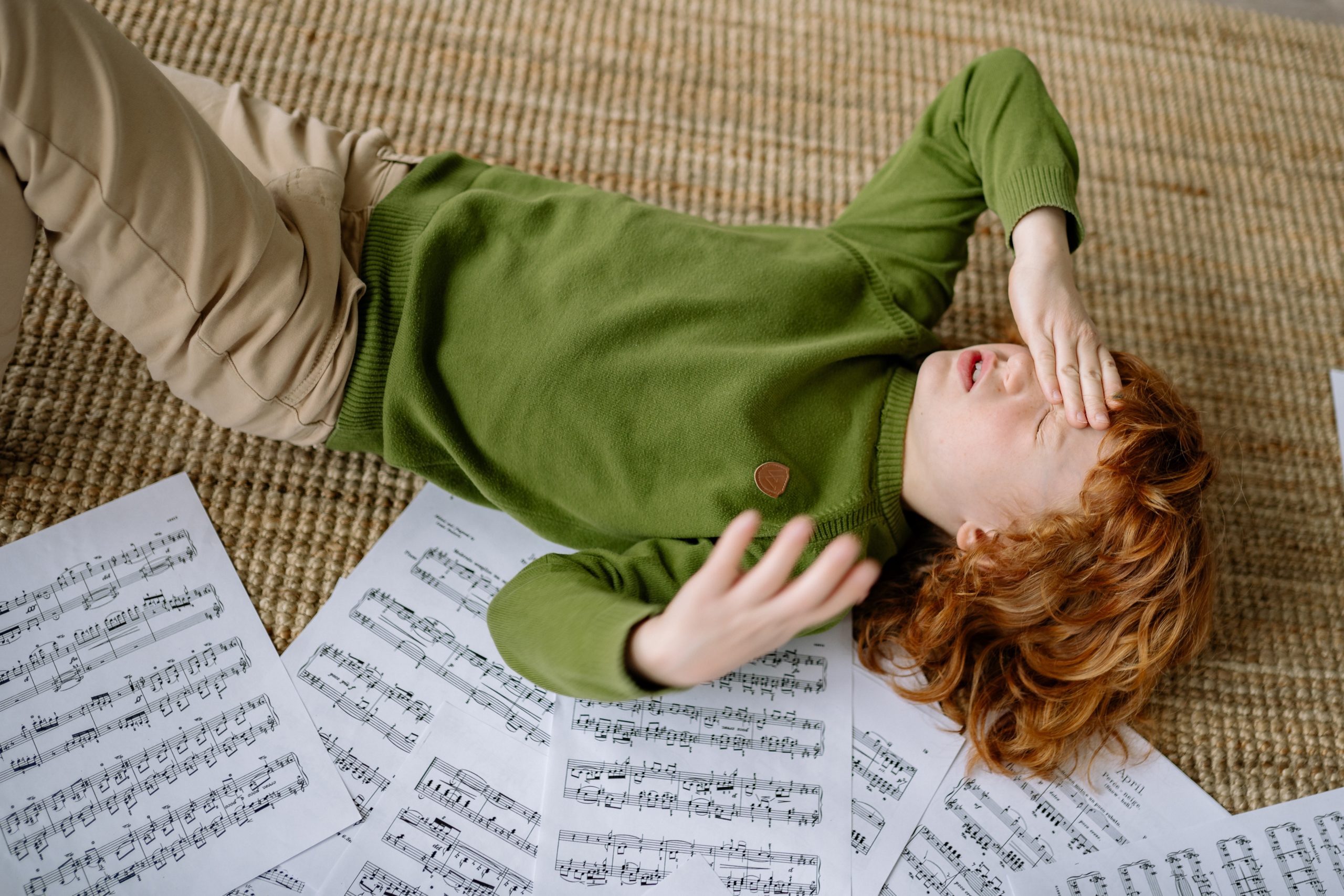There is a lack of medical consensus as to what constitutes recovery from a pediatric concussion. A recent study featuring PISC Senior Scholar Daniel Corwin, MD, Executive Committee Member Catherine McDonald, PhD, RN, FAAN, and Senior Scholar Kristy Arbogast, PhD, evaluates variations in time to recovery from a pediatric concussion based on different outcomes of interest. The study includes 174 concussed youth ages 11-18 years. Potential definitions of recovery were created based on self-reported symptoms, Visio-vestibular examinations, and self-assessment. Participants were evaluated during clinical care for up to thirteen weeks. Data analysis reveals a wide variation of concussion recovery. Depending on each definition, 4% to 40% of participants recovered four weeks post-injury, and 10% to 80% of participants recovered in thirteen weeks. Visio-vestibular examination was recovered at the highest proportion at all time, while self-reported return to exercise was recovered at the lowest proportion. These results reinforce the idea that recovery from concussion does not exist at a single point in time. In the future, the team hopes this study will guide “clinicians in managing concussion and researchers in designing future observational and interventional trials of pediatric concussion.”
Variations in Time to Recovery from Pediatric Concussion Based on Differing Outcomes of Interest

